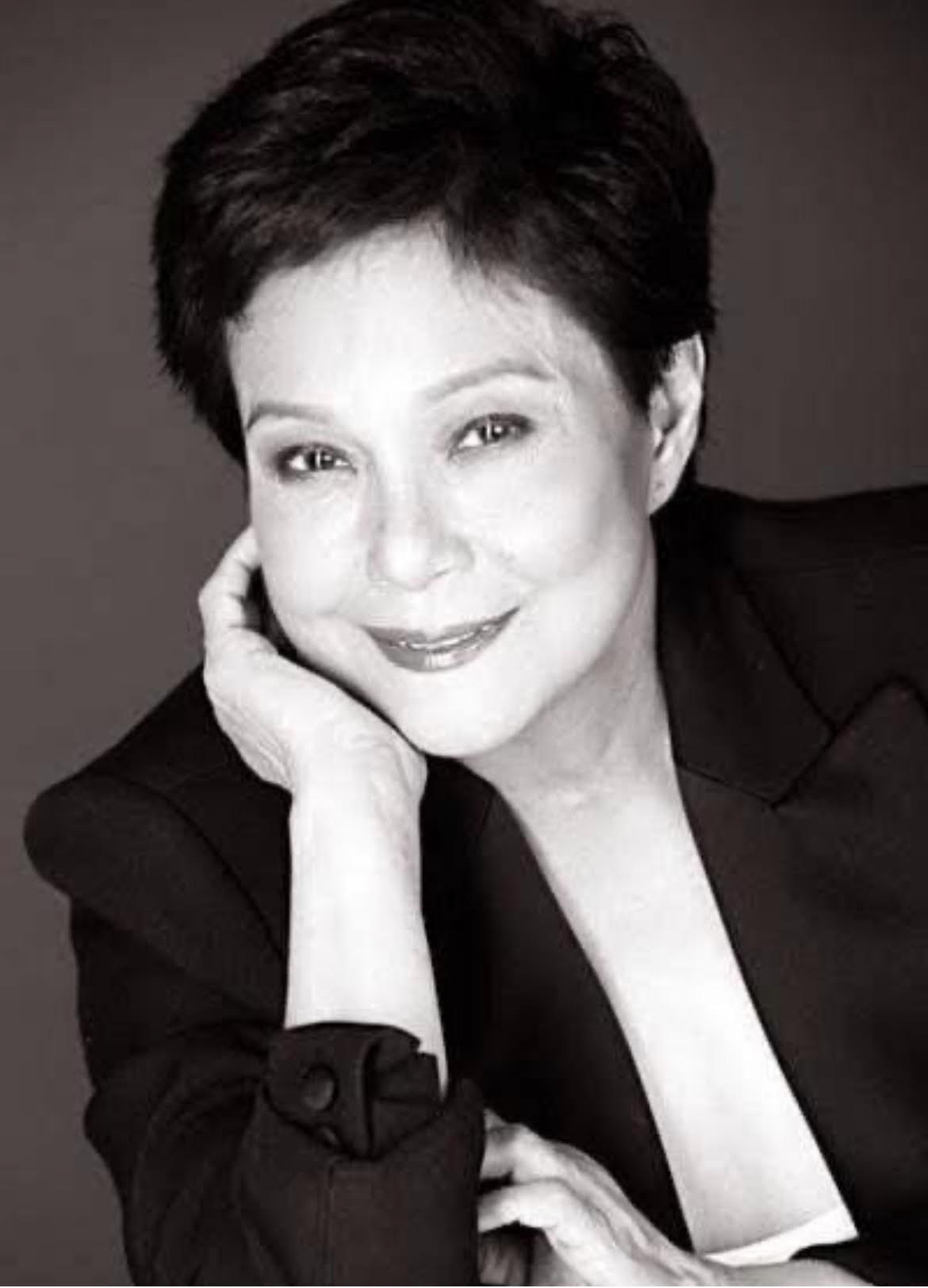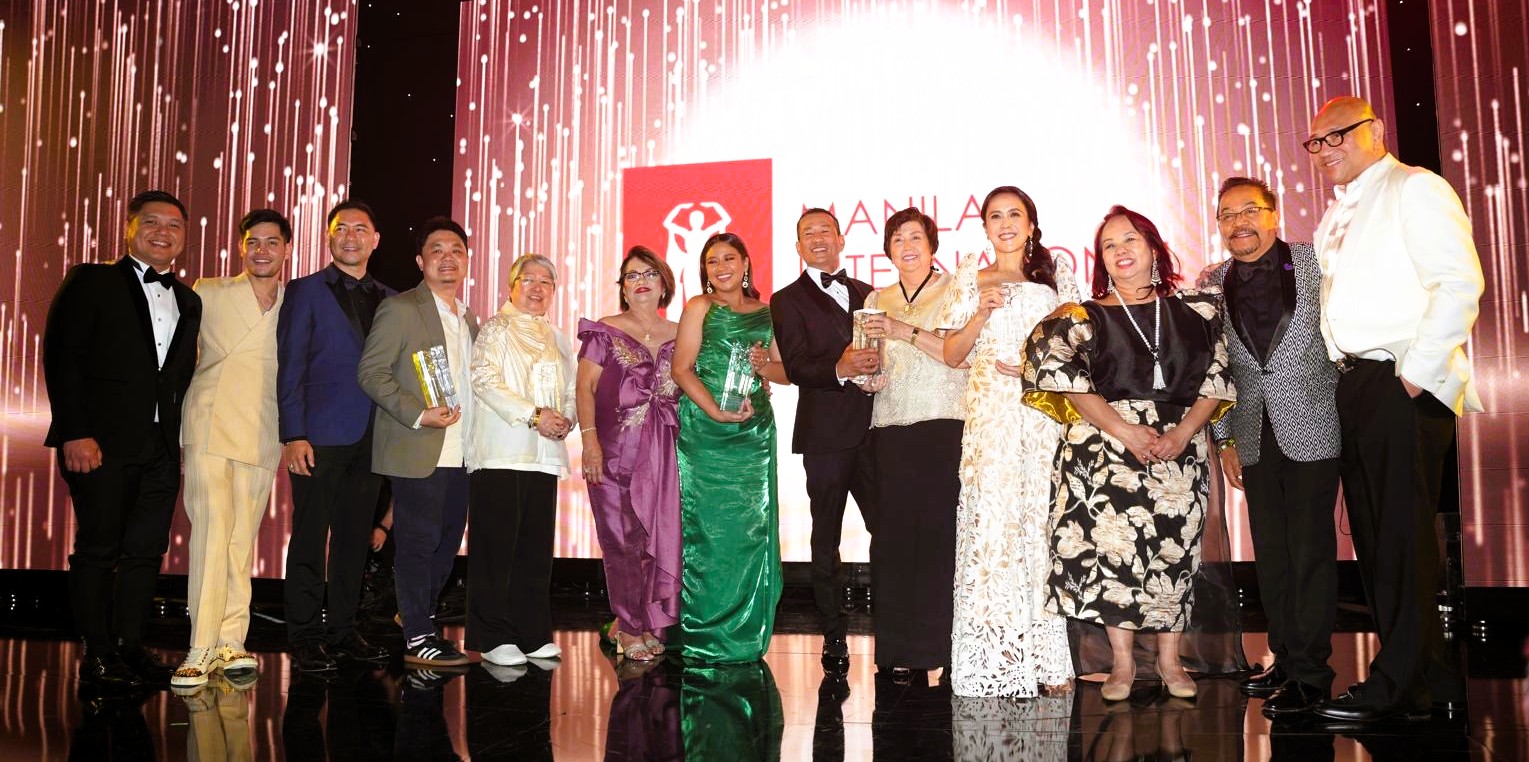AFTER a Filipina-Canadian living in Vancouver, BC learned her brother was gay, she found out that at least another half a dozen of their family members were also gay.
Following that discovery, she eventually went on to create a documentary about acceptance and what the modern Filipino queer family could be like based on the experiences of her own.
It was August 2014 when 31-year-old Joella Cabalu began working on “It Runs in the Family,” which chronicles a journey she and her brother, Jay, embarked on to meet their queer relatives in Oakland, California and Manila.
The beginnings of the project were rooted in around the time the documentary “For the Bible Tells me So” was released in 2007, around the same time Jay revealed his sexuality to his sister. It followed five American Christian families and how they dealt with the coming out of their children.
“That made me start thinking about how this story would unfold if it was my own family,” Cabalu said, noting her Roman Catholic background. “What I noticed about the [movie] was that there was only one family that was of color, and they didn’t even get that much screen time, either.”
Cabalu also remembered the director of the documentary noting that it was a challenge to find minorities also dealing with the same issue, and she said she felt like there was an opportunity to tell that kind of story.
While sharing what her family has gone through required her relatives to open up and share vulnerable parts of their lives and identities to potentially thousands of people, Cabalu felt that doing so would result in a tale that could resonate with many people.
“I think the reason why I wanted to share something that was so personal was I think that was just it: because I felt so connected to the story and I felt like there was something really compelling there that would relate to a lot of families, particularly I wanted to share a story of people of color, so why not share my own family story?”
When she pitched the idea, both her brother and cousin Monica Sales-Cuyong, who lives in Northern California, expressed their support. Cabalu’s relatives in the Philippines, including a cousin she had never met, also backed her proposal.
“I think for them it was like, ‘OK, this is going to happen. We’re going to help you if that means you’re going to come here and visit us’,” she said.
The first part of Cabalu’s documentary tells the story of Sales-Cuyong and her wife, Jolly. Sales-Cuyong talks about how her family was supportive of her coming out, and Jay expresses a desire to replicate that type of support in his own family.
When they flew to the Philippines, which was the first time the siblings had been back in more than 20 years, Cabalu and Jay met their cousin Carlo “Jazz” Pasion who presents as female but says she would fill in “male” in questionnaires or surveys. Pasion dresses like a female, but his father, Willie, still calls him Carlo. Similarly, the kids still call him Tito Carlo.
In intimate conversations with their cousin and uncle, the Cabalu siblings learn that their Tito Willy has no problem with Jazz’s sexuality.
“You are you and I am me. That’s it. I love you. You love me. Tapos na!” he shares in the film.
The siblings also meet and interview their Tito Ronald and Tito Chris Cabalu. Tito Chris, who is gay, tells them that the family has at least six other gay relatives.
Jazz, Tito Chris and Tito Ronald also share with Cabalu and Jay that “coming out” does not exist in the Philippines as it does in the United States. It’s more of a Western concept, Jazz says, as in the Philippines, it’s more of just letting the family know; in Tito Chris’ day, there was no such thing as “coming out.”
“It Runs in the Family” also integrates snippets of the 20th annual LGBT parade, where protestors and participants alike are filmed.
At the conclusion of the documentary, the siblings say they gained a better understanding of where they came from.
“It’s clear we come from good people,” Cabalu said.
Cabalu delivered the documentary in June 2015 and the project was enlightening for her and Jay. But she admitted that it wasn’t easy balancing her role as a filmmaker and a sister.
“There were parts where I wanted to protect my brother and not go into those vulnerable places that he wants to dissociate himself with. But at the same time, as a filmmaker, that makes the story [better],” she said.
In the end, however, Cabalu said working on the project with Jay brought them closer and added some depth to their relationship.
Now that the film is complete, Cabalu is busy submitting it to film festivals. While she told her family’s story in part because it is representative of an Asian family dealing with an issue that is not always easy to openly discuss, she said she also did so for another reason: to spark conversation about what it means to be a family despite inevitable problems or opposing views.
“I feel that this is one of those ways to show my own family, a particular family in a particular racial community in the diaspora, and how there are complex and diverse attitudes and opinions. Yet we still love each other as a family. I think that’s one of the main takeaways of the film. Media representation of Asian communities, particularly, I believe, are just brushed in one color that’s very monolithic, very conservative. And I think this film kind of demystifies that,” she said.
“It Runs in the Family” has a runtime of 45 minutes and is scheduled for release this fall on OUTtv, Canada’s only National LGBT Television Network. It premiered in Canada at the Reelout Queer Film & Video Festival on Sunday, Jan. 31, in Kingston, Ontario.
The film will premiere in the United States at the Seattle Asian American Film Festival on Saturday, Feb. 20, at 5:30 p.m., and will screen at the Center for Asian American Media Festival in San Francisco on March 12 and March 19.
Cabalu wrote, directed and was one of two producers of the documentary.
Back To Top





